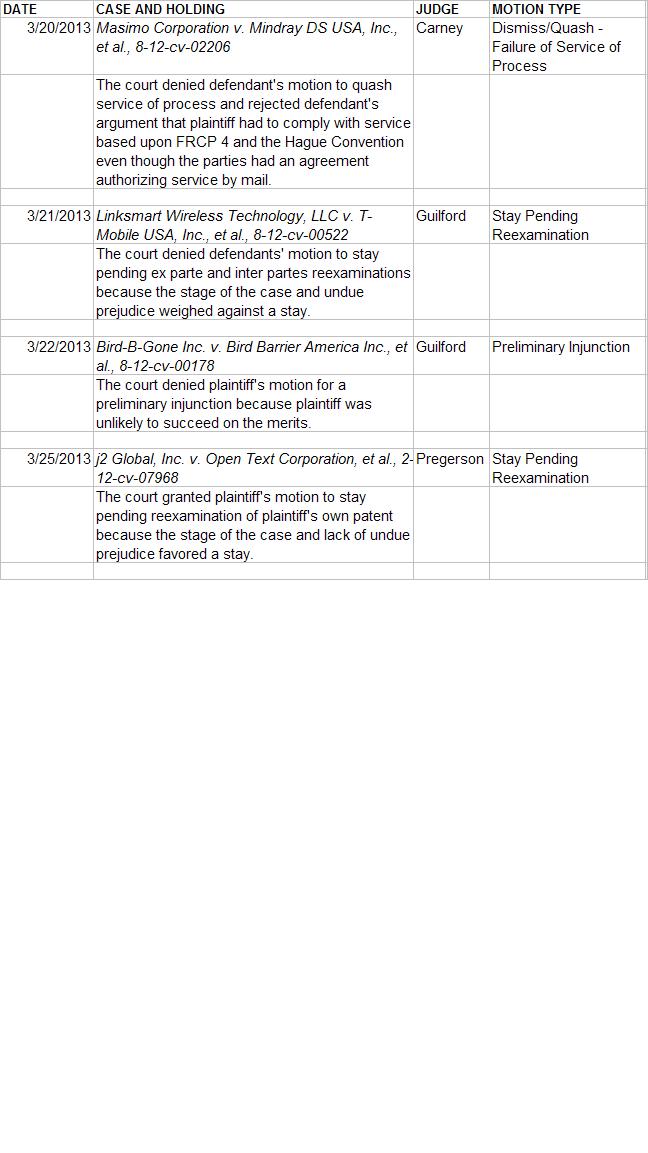Promega Corporation (“Promega”) filed a patent infringement action against Life Technologies Corporation (“Life Technologies”), among others, over four patents pertaining to a type of DNA testing called “multiplex amplification of shorten tandem repeat loci.” Prior to trial, the district court determined that two of the defendants sell testing kits that met limitations for one or more claims in patents that Promega owns. At trial, a question remained as to whether the defendants were engaging in acts prohibited by the Patent Act because many of the accused products were manufactured and sold in foreign countries.
At trial, Promega asserted that under Section 271 of the Patent Act the defendants foreign sales of infringing products violated the Patent Act because a substantial portion of the components of the accused products were supplied from the United States. Promega asked the jury to find that all of defendants’ sales met the requirements of Section 271. The jury agreed with plaintiff and awarded more than $50 million in damages.
Continue reading
 Patent Lawyer Blog
Patent Lawyer Blog


 Wednesday, May 22, 2013 1:00pm – 2:00pm
Wednesday, May 22, 2013 1:00pm – 2:00pm 